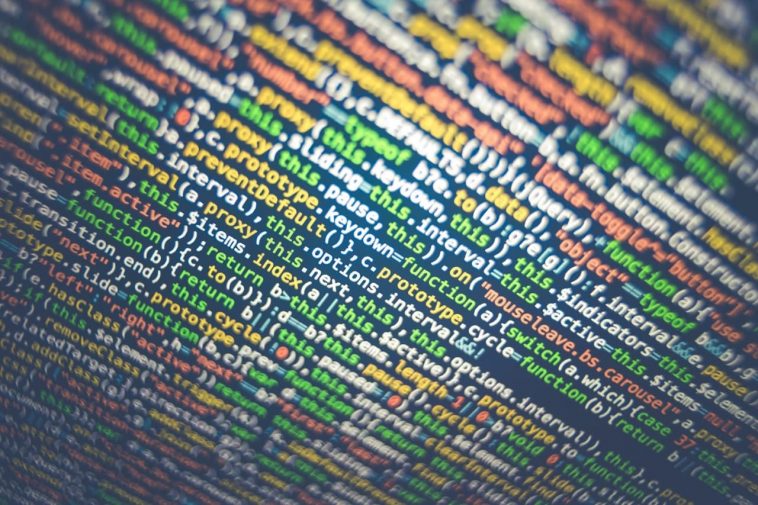Different African Countries like Nigeria, Liberia, Sudan, Chad, Zimbabwe, Sierra Leone, and DR Congo are headed for an election in 2023. However, with the increasing wave of falsified news across social media platforms, it can affect the integrity of the elections which is where fact-checking comes in.
In 2022, over 384 million people were reported as social media users. This large number of users led to increased ease of access to information and news reports. Due to its easy access, a lot of fake news began to spread widely. A study by the University of Sheffield shows that almost half of African media users are exposed to fake news every day. In the context of elections, it also means that there is an increasing risk of falsified political information.
Given the increased rate of falsified information and the lack of sufficient human Fact Checkers in Africa to keep pace, Automated Fact Checking (AFC) helps reduce the risk of misinformation caused by social media. The automated fact-checking tools are driven by artificial intelligence like Fact stream, Full Fact, Claim Review, Emergent, etc. Fact Checkers all across Africa can do a more thorough job of verifying fake information and be able to retrieve evidence that can contend against misleading claims
According to Abideen Olasupo who founded FactCheckElections in Nigeria, Africa still has a long way to go before automated fact-checking will be adopted in curbing electoral misinformation as African countries suffer several challenges like limited access to the internet, technology and limited funding. Without internet access, it is difficult to get accurate information to as many people as possible and without adequate funds, the magnitude of operation is affected.
The lead Fact checker at RoundCheck, Adesola Ikulajolu instigated that there are limitations to automated fact-checking as it cannot accurately detect false information gotten through visual content and complicated claims. That is because automation can only work to the extent it’s been programmed to, and because certain verifications require human capabilities like verification through phone calls and emails, it is not a hundred percent full proof.
If Automated fact-checking will be fully implemented into the electoral systems in Africa then a body of fact-checkers must be established whose jobs would be to provide verified information and data to be programmed. Fact-checkers can cover more grounds and increase their impact through the use of automated fact-checking tools and should therefore be equipped with the skills and tools they would need.
Apart from increasing their impact level during elections, it will help in the establishment of a fact-checking infrastructure by independent organisations that improves usability and interpretability for shared use among countries and can facilitate the adoption of the AI method of fact-checking across the continent.
Click here to read the Original article





